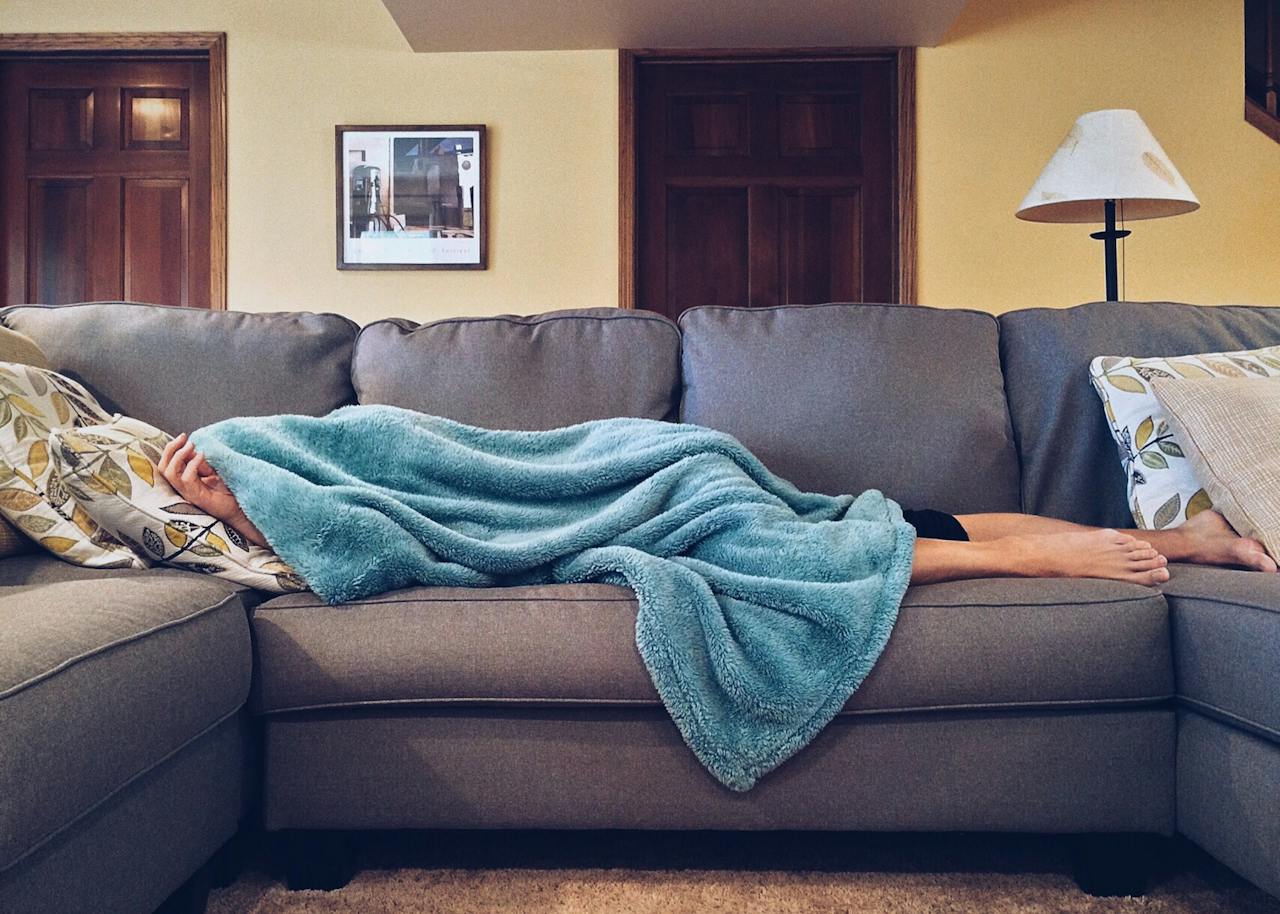
Sleep is a natural state of reduced consciousness and physical activity that occurs in cycles throughout the night. During sleep, the body repairs and rejuvenates itself, and the brain processes and consolidates memories. The amount of sleep required varies from person to person, but most adults need between 7 and 9 hours of sleep per night. Sleep deprivation can lead to a range of negative health outcomes, including increased risk of obesity, diabetes, heart disease, and depression. To get better sleep, it’s important to establish a consistent sleep schedule, create a comfortable sleep environment, and practice good sleep hygiene. This includes avoiding caffeine and alcohol before bedtime, limiting screen time, and engaging in relaxation techniques such as deep breathing or meditation. By prioritizing sleep and making it a part of your daily routine, you can improve your overall health and well-being.
However, getting a good night’s sleep can be challenging for many people. In this article, we’ll explore some tips and tricks to help you get better sleep and improve your overall health.
1. Invest in a Good Mattress and Bedding
Having a comfortable mattress and bedding is essential for a good night’s sleep. A supportive mattress and pillow help ensure that your spine gets proper support to avoid aches and pains. Your sheets and blankets play a significant role in helping your bed feel inviting. Look for bedding that feels comfortable to the touch and that will help maintain a comfortable temperature during the night.
2. Block Out Light and Noise
Excess light exposure can throw off your sleep and circadian rhythm. Blackout curtains over your windows or a sleep mask over your eyes can block light and prevent it from interfering with your rest. Avoiding bright light can help you transition to bedtime and contribute to your body’s production of melatonin, a hormone that promotes sleep. Keeping noise to a minimum is also an important part of building a sleep-friendly bedroom. If you cannot eliminate nearby sources of noise, consider drowning them out with a fan or white noise machine. Earplugs or headphones are another option to stop sounds from bothering you when you want to sleep.
3. Set the Thermostat to 18 to 20 Degrees Celsius
You do not want your bedroom temperature to be a distraction by feeling too hot or too cold. The ideal temperature can vary based on the individual, but most research supports sleeping in a cooler room that is around 65 to 68 degrees.
4. Get at Least Seven Hours of Sleep
If you want to make sure that you’re getting the recommended amount of sleep each night, then you need to build that time into your schedule. Considering your fixed wake-up time, work backward and identify a target bedtime that allows for at least seven hours of sleep. Whenever possible, give yourself extra time before bed to get ready for sleep.
5. Set Your Alarm for the Same Time Each Day
It is close to impossible for your body to get accustomed to a healthy sleep routine if you are constantly waking up at different times. Pick a wake-up time and stick with it, even on weekends or other days when you would otherwise be tempted to sleep in.
6. Keep Naps Around 20 Minutes
To sleep better at night, it is important to use caution with naps. Napping for too long or too late in the day can interfere with your ability to fall asleep at night. Stick to short naps of around 20 minutes, and try to take them earlier in the day.
7. Avoid Caffeine and Alcohol
Caffeine and alcohol can both interfere with your sleep. Caffeine is a stimulant that can keep you awake, while alcohol can disrupt your sleep cycle and cause you to wake up frequently during the night. Try to avoid consuming either of these substances in the hours leading up to bedtime.
8. Exercise Regularly
Regular exercise can help you sleep better at night. Exercise helps reduce stress and anxiety, which can interfere with your sleep. However, it’s important to avoid exercising too close to bedtime, as this can have the opposite effect and make it harder to fall asleep.
9. Practice Relaxation Techniques
Relaxation techniques such as deep breathing, meditation, and yoga can help you fall asleep faster and stay asleep longer. These techniques help reduce stress and anxiety, which can interfere with your sleep.
10. Keep a Sleep Diary
Keeping a sleep diary can help you identify patterns in your sleep habits and identify areas where you can improve. Record the time you go to bed and wake up, how long it takes you to fall asleep, and any factors that may have affected your sleep, such as caffeine or alcohol consumption.
11. Sleep Improves Your Health
Getting enough sleep is essential for good health. Sleep helps your body repair and rejuvenate itself, and it plays a critical role in maintaining a healthy immune system. Lack of sleep has been linked to a variety of health problems, including obesity, diabetes, and heart disease.
Conclusion
In conclusion, getting a good night’s sleep is essential for your overall health and well-being. By following the tips and tricks outlined in this article, you can improve your sleep habits and get the rest you need to feel your best. Remember to invest in a good mattress and bedding, block out light and noise, set the thermostat to a comfortable temperature, get at least seven hours of sleep, and avoid caffeine and alcohol. With these tips, you’ll be on your way to a better night’s sleep in no time!